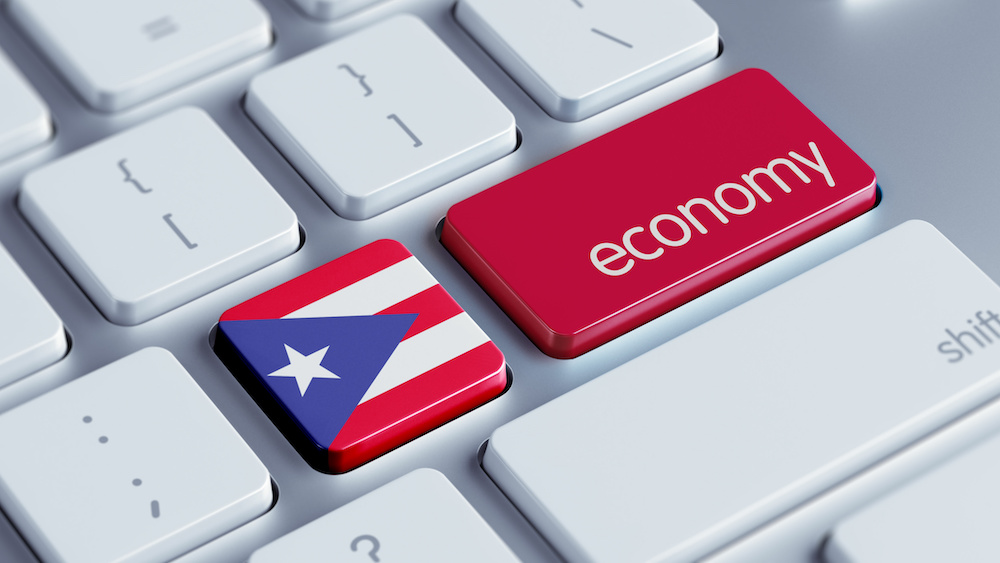S3231, the Puerto Rico Status Act, is a companion bill for HR2757, the House bill of the same name. Both bills require a federally sponsored, binding referendum on Puerto Rico’s political status. both require Congress to follow through on the decision of Puerto Rico voters.
S3231 calls for continued citizenship for current U.S. citizens from Puerto Rico, “by entitlement or election.” Statehood of course guarantees full rights to permanent citiZenship under the U.S. Constitution, and the bill states that clearly. The bill includes information about how the vote is to be taken and about the transition to the permanent political status voters choose.
S3231 also includes details on the financial and economic questions that are bound to come up as Puerto Rico moves toward statehood or independence. What are the plans for continued U.S. financial support for Puerto Rico?
Under independence
The section on independence has this statement:
“RIGHTS AND BENEFITS.—All vested rights and benefits which accrue to residents of the territory of Puerto Rico under the laws of the United States from past services or contributions, such as rights and benefits for veterans or relatives of veterans of the Armed Forces of the United States, retired Government employees, or beneficiaries of old age, disability, or survivors’ insurance benefits under the Social Security Act, shall not be interrupted after the proclamation of independence but will continue until such time as said rights and benefits are completely extinguished according to the applicable laws of the United States. All services which must be rendered as part of these rights and benefits shall be made available through the Government of the nation of Puerto Rico in accordance with agreements reached by the two nations.”
In other words, benefits which have been earned, such as veterans’ benefits, will continue until Congress changes the law covering these benefits. The bill goes on to say that money paid into the Social Security system by people living in Puerto Rico will be passed to the government of Puerto Rico for the purpose of creating a Social Security system in Puerto Rico.
The next section says, “All other Federal transfer payments to individuals and to the Government of the territory of Puerto Rico shall be maintained in the form of annual block grants to be used discretionally by the Government of the nation of Puerto Rico.” This means that funds for things like nutrition assistance will be given by the United States to he government of Puerto Rico, which can decide how they want to spend it. The bill requires that the U.S. continue providing the same amount currently spent on these programs to Puerto Rico for ten years.
Under free association
Free association is a form of independence. The financial arrangements specified in the bill are identical to those envisioned for independence, with the addition of this statement: “The terms and conditions of this subsection may be revised as part of an agreement under the Articles of Free Association.”
Thus, the bill calls for the United States to continue the same financial support for Puerto Rico for 10 years, followed by ten years of reduced support. The bill does not mandate continued support of any kind after 20 years.
Under statehood
As a state, Puerto Rico will be on an equal footing with all the other states, and will be entitled to the same rights and benefits as every other state.
As a territory, Puerto Rico does not receive the same amount of federal funding and support as the states do. Residents of Puerto Rico are not eligible for SSI. Nutritional assistance and healthcare funding are significantly less generous in Puerto Rico than in the states. Infrastructure receives less support than in the states. These inequities would end with statehood.
More importantly, Puerto Rico will have a level playing field. Territory status stunts Puerto Rico economically and does not allow the Island to flourish as it will have the opportunity to do as a state.
Which political status would be best economically?
Compare Puerto Rico with the 50 states, and you will immediately see that Puerto Rico has much higher levels of poverty and much lower average income than any of the states.
Compared with independent nations in Latin America and the Caribbean, Puerto Rico is much more prosperous. Puerto Rico is also in a much stronger fiscal position than the three Pacific nations which have free association with the United States.
People arguing against statehood for Puerto Rico like to compare Puerto Rico with Singapore, but a new nation of Puerto Rico would have more in common with its neighbors. Particularly since independence is an unpopular idea in Puerto Rico, the idea of a brilliant economic future for a new Republic of Puerto Rico is probably a pipe dream. Chances are good that people would leave for the greater opportunity available to them elsewhere…just as many currently choose to do. Does Puerto Rico have the capacity to survive as an independent nation? No doubt. Will Puerto Rico choose to go through the hardships involved?
In contrast, every territory that has already become a state is better off now than it was as a territory. The economic value of statehood is unquestionable, even for those states which were impoverished as territories.








No responses yet